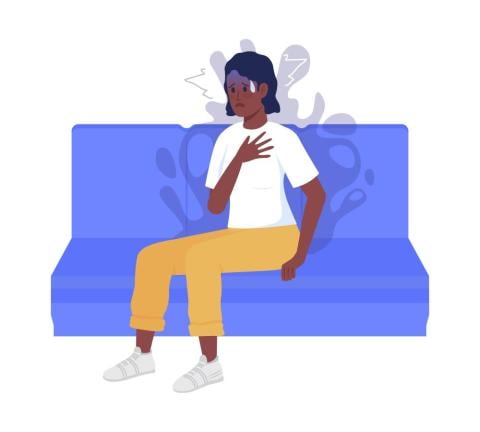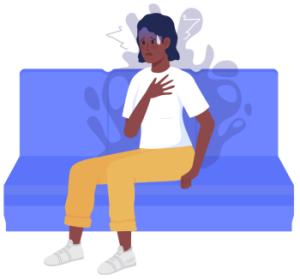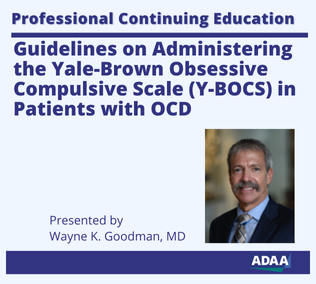Six Ways to Maintain Motivation in OCD Treatment
Six Ways to Maintain Motivation in OCD Treatment

While treatment for OCD is highly effective for many, it can be hard work! It’s not an uncommon experience to lose momentum midway through treatment or even in the final stages. Below are some helpful tips from an OCD specialist to help you make it across the finish line!
1. Watch out for assigning the hard work to your “Future Self”
A common trap when making any type of behavior change is assigning the next step, particularly a hard step, to our future self. My future self will get up early. My future self will eat healthy. My future self will finally tackle that exposure I’ve been avoiding. My future self will resist those compulsions. Future Self is you…tomorrow (or the next day, or the next…). Future self is not a magical creature who is significantly different than the person you are today! When you notice this type of thinking, see if you can push yourself to do one thing today you want to put off on Future Self.
2. …but DO think about your future life.
It’s easy to lose sight of what you’re working towards, particularly when treatment is feeling tough. It can be helpful to visualize what life might be like once you’ve done the hard work. What will be easier? What will a typical day be like? What will you no longer need to do? What kinds of opportunities might open up to you?
3. Seek out support
It’s understandable if you feel alone in your OCD treatment, or even start to doubt it when your therapist says “I swear, it’ll get better!” Sometimes what can be most helpful is hearing from someone else who has been there. Locate an OCD support group near you (or online!) or check out programming from organizations specifically dedicated to the OCD community, who often have national and regional events. Can’t find something near you? Ask your therapist if they have any other individuals they’ve worked with who would be willing to lend an ear.
4. Consider intensive treatment
If you tend to start strong and lose steam between sessions, you can consider asking your care provider about more intensive treatment options. This might mean sessions multiple times a week, extended sessions, daily sessions, or even a few sessions a day! Setting aside a solid block of time to really work hard with lots of support from your care team can help if you tend to lose sight of goals between sessions. Some individual clinicians will offer this option, but if yours does not, it may be worthwhile to check out a specialized treatment center with a team or organizations with formal IOP, PHP, or residential level care options.
5. …but don’t “white knuckle” your way through it either!
Going through treatment activities with the mindset of “getting it over with” is often referred to “white knuckling” your way through treatment. The mentality of simply crossing treatment tasks off your to-do list is ultimately not going to lead to long-term benefit, but slowing down and taking the time to learn from each step of treatment (even when it is deeply uncomfortable!) is more likely to give you the enduring impact you are ultimately after.
6. Talk to your provider about your concerns
It might be hard to bring up issues with motivation with your therapist, but I guarantee they’ve had this discussion before! A good care provider will be open to learning more about where you are getting stuck and will problem solve with you to find ways to get you closer to your goals. There are even types of treatment interventions specifically geared towards enhancing someone’s motivation that your therapist can use if you’re feeling stuck.
Remember, treatment is a marathon, not a sprint! It’s completely normal to have times when you’re feeling some treatment fatigue or even as if you’re ready to give up, but my hope is that these tips can help you ride this wave so you can see all the benefits of successful OCD treatment.
This post is presented in collaboration with ADAA's OCD and Related Disorders SIG. Learn more about the SIG.




















